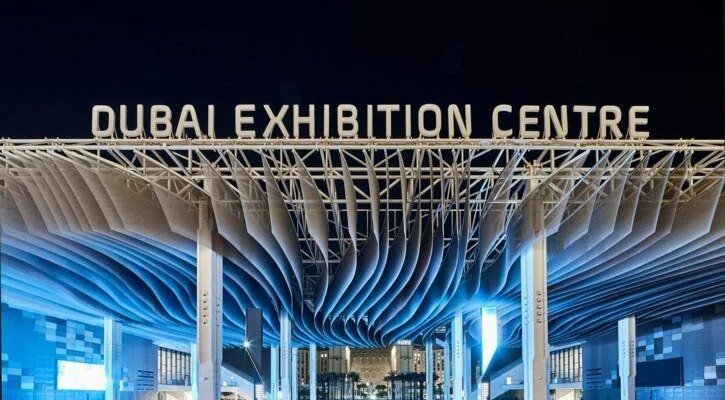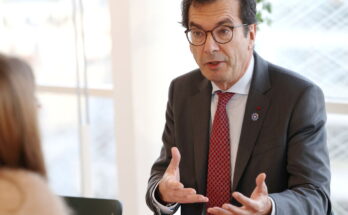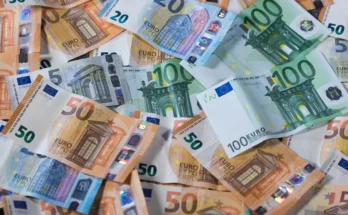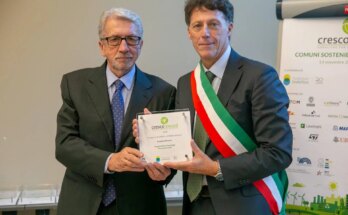The event was organized by Ieg Middle East and V Group and took place under the auspices of the Ministry of Climate Change and the Environment (Moccae) of the United Arab Emirates, under the auspices of the Italian Embassy in the United Arab Emirates, the auspices of the Ministry of Business and Made in Italy and Ita – Dubai Italian Trade Agency. More than 100 international brands, divided into key sectors of the green industry, come together in this unprecedented exhibition in the Middle East, which proves a shared commitment to sustainability and biodiversity: combining European expertise and Middle Eastern vision, the event highlights the huge potential of international cooperation in creating greener, healthier and more resilient cities for future generations. At the exhibition, the Emirates’ leading companies – Tanseeq Investment Group, Desert Group, Grand Grower Horticulture, Pheladelfia Agricultural, Planters Group and Gale Pacific – will play a key role in shaping the dialogue on landscape, horticulture and sustainable urban planning.
“Myplant & Garden Middle East 2025 represents a unique opportunity to bring together the best international experts in this field. Our aim is to create a platform that inspires new solutions for greener and more resilient cities in the Middle East and beyond,” emphasizes Valeria Randazzo, director of the Fair. With many buyer delegations from all over the GCC (Gulf Cooperation Council: Saudi Arabia, Bahrain, United Arab Emirates, Kuwait, Oman, Qatar), Myplant & Garden Middle East 2025 will become a strategic commercial center for the development of this sector at an international level.
The landscape market in the Middle East is experiencing unprecedented growth: it is estimated that by 2026 its value will exceed 20 billion dollars, with an annual increase of between 5 and 7%. Gulf cities, in particular, are integrating greening into major development projects such as Neom and Diriyah Gate, and using it not only as an aesthetic element, but also as a climate adaptation tool in response to increasingly extreme environmental conditions.
Well-designed green spaces can increase property value by up to 15%, making landscaping and landscaping a truly strategic investment for developers. National policies, such as Saudi Arabia’s and the United Arab Emirates’ Vision 2030, place greening at the center of sustainable development strategies. The Saudi Green Initiative, for example, involves planting 10 billion trees and restoring more than 74 million hectares of land: an effort aimed at restoring important ecological functions, improving air quality, limiting sandstorms, reducing heat islands, improving stormwater management, and strengthening social cohesion.
Since 2021, more than 100 million trees and shrubs have been planted in Saudi Arabia, restoring 120,000 hectares of land. Cities like Dubai and Riyadh are leading this transition with ambitious projects: Green Riyadh, which aims to plant 7.5 million trees and lower the city’s temperature by 2.2°C, and the Dubai Urban Master Plan 2040, which places parks and open spaces at the heart of urban development. At the same time, demand for gardening products has also increased, with an average sales increase of 7% per year, driven by new residential programs.



